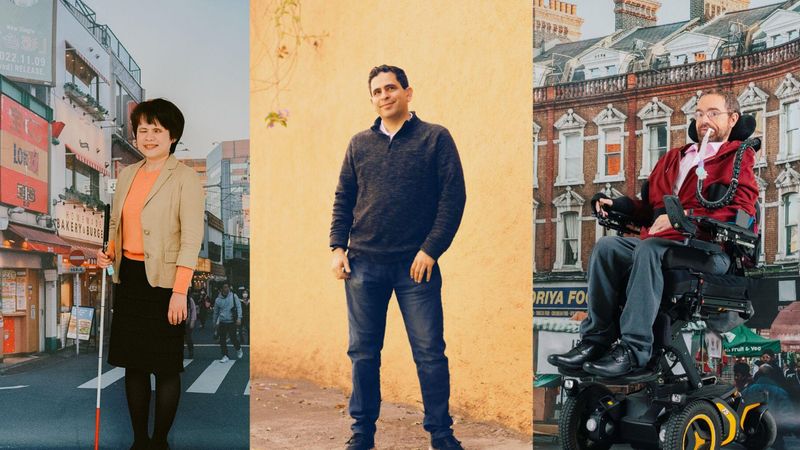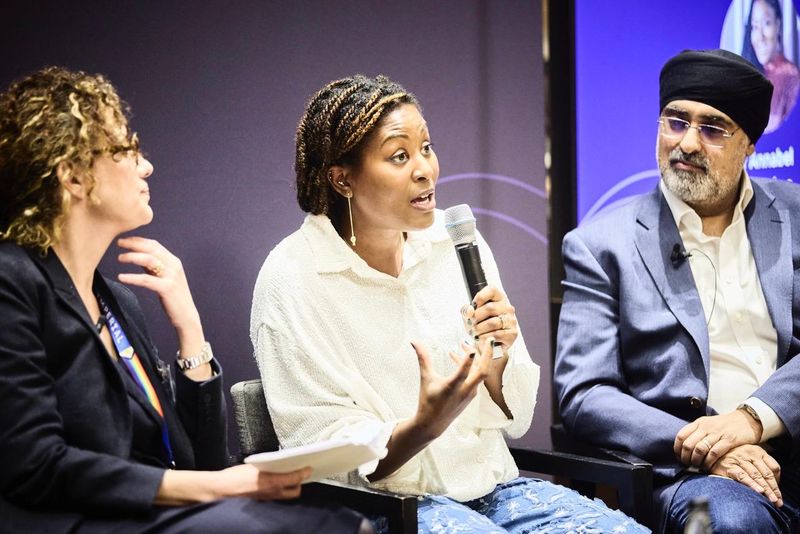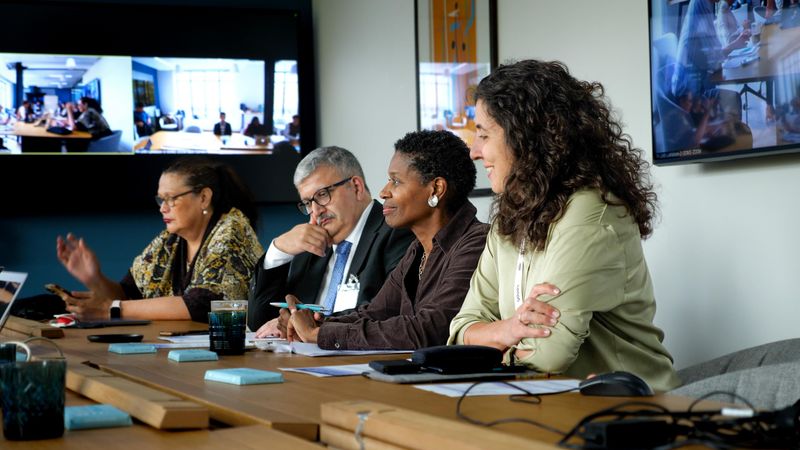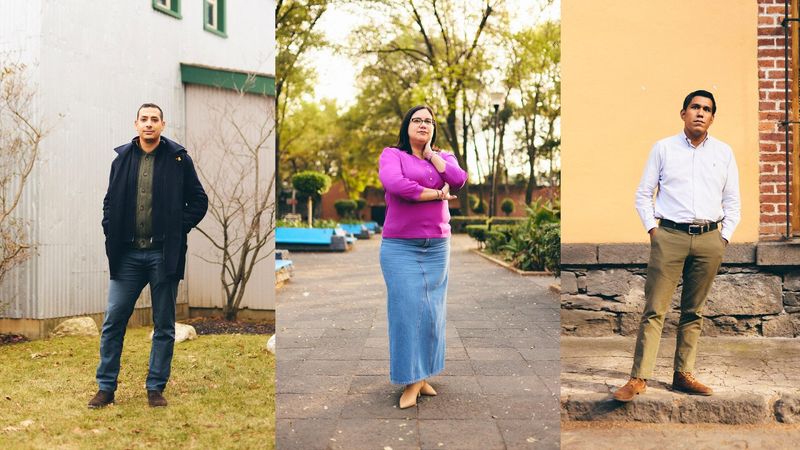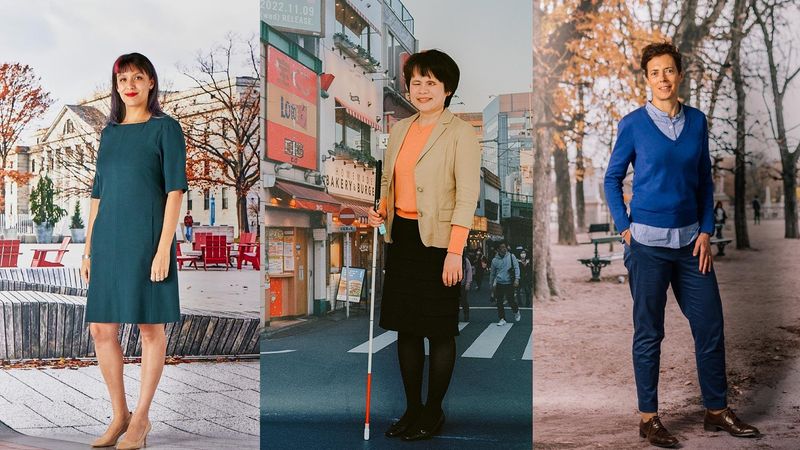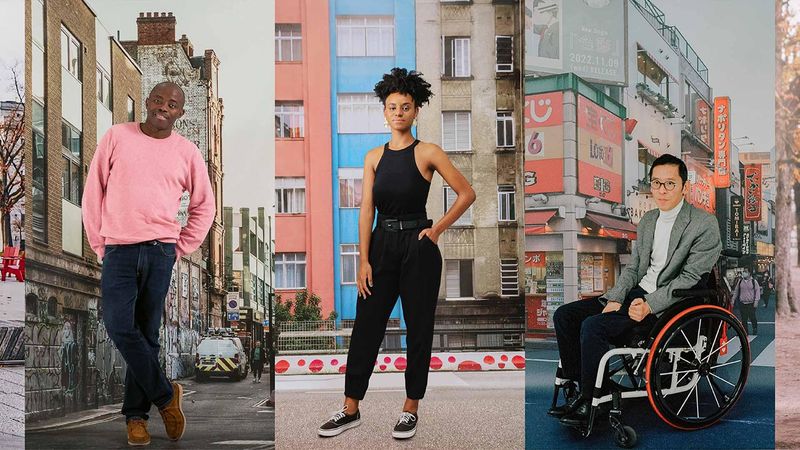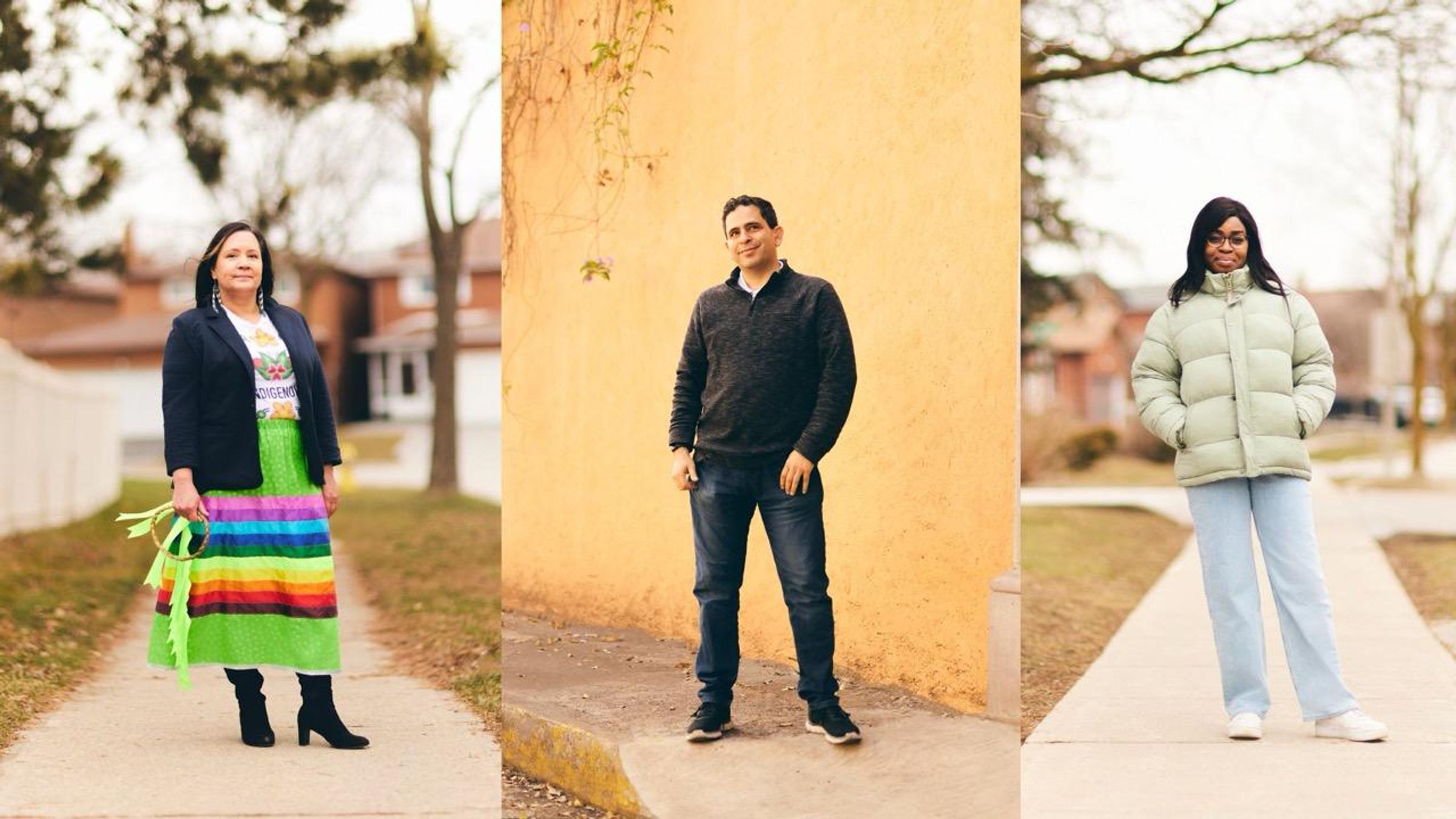
Without change the consequences are real and devastating. Women with heart attack symptoms are misdiagnosed more frequently than men. Black women are significantly more likely to face serious birth complications than White women.
These are not isolated incidents – they are symptoms of deep-rooted inequalities. Over time, these experiences have shattered peoples’ trust in the very systems meant to care for them. And when that trust breaks down, the fabric of public health begins to unravel.
Sanofi’s A Million Conversations is our commitment to health justice. Backed by a €50m investment, we are working closely with historically under-supported communities and partner organizations to build trusted healthcare systems that treat everyone with dignity and respect.
The initiative launched in 2023, reaching diverse communities in Brazil, France, Japan, the UK, and the U.S., and expanded in 2024 to five more countries: Australia, Canada, Germany, Spain, and Mexico.
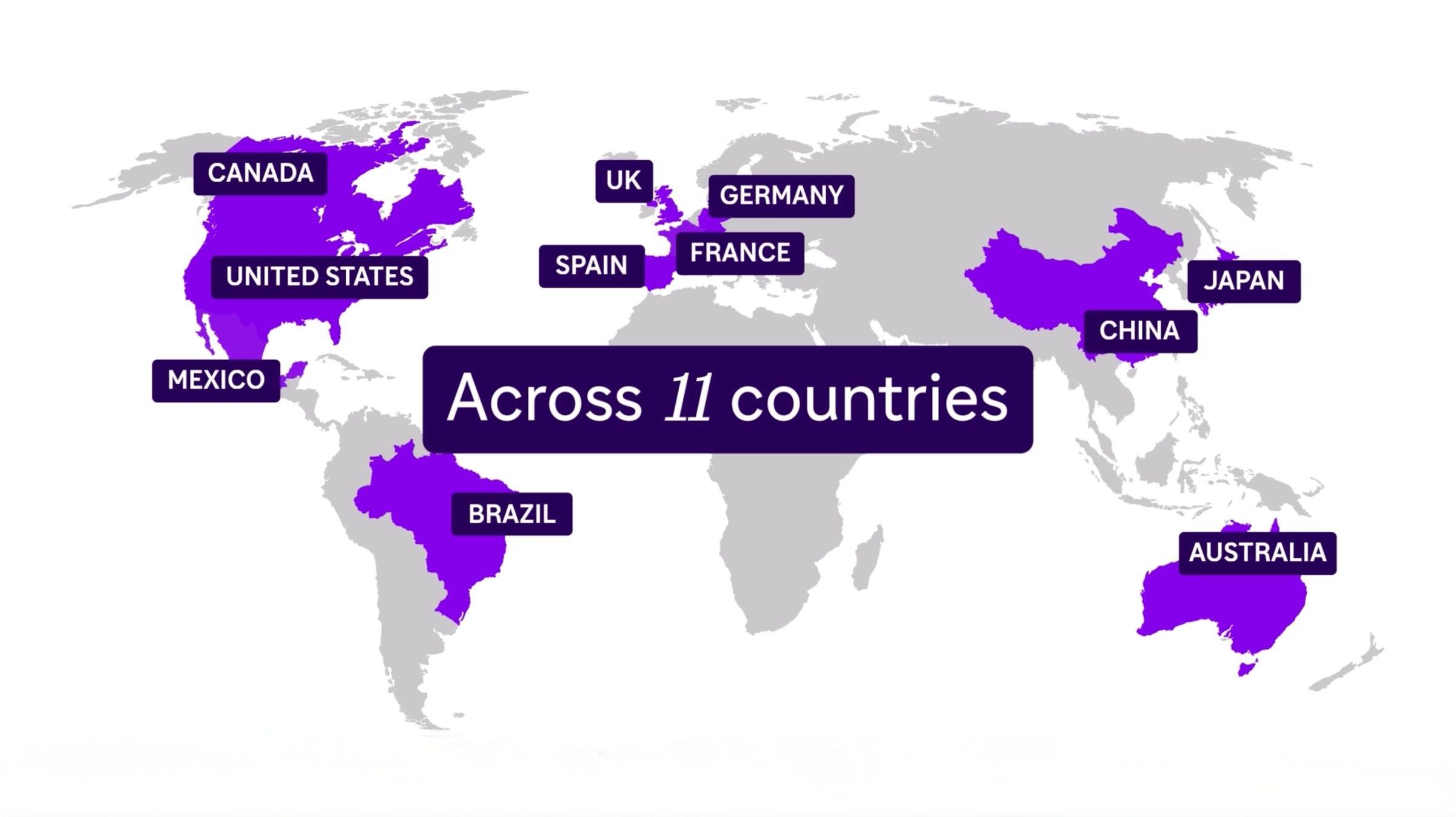
Trust Gap
The A Million Conversations initiative began collecting data on healthcare experiences in 2022, since then we have surveyed more than 35,000 people across 10 countries. The results show an alarming number of people from historically under supported communities across the world have had their trust in healthcare eroded by past negative experiences. We call this the ‘trust gap’.
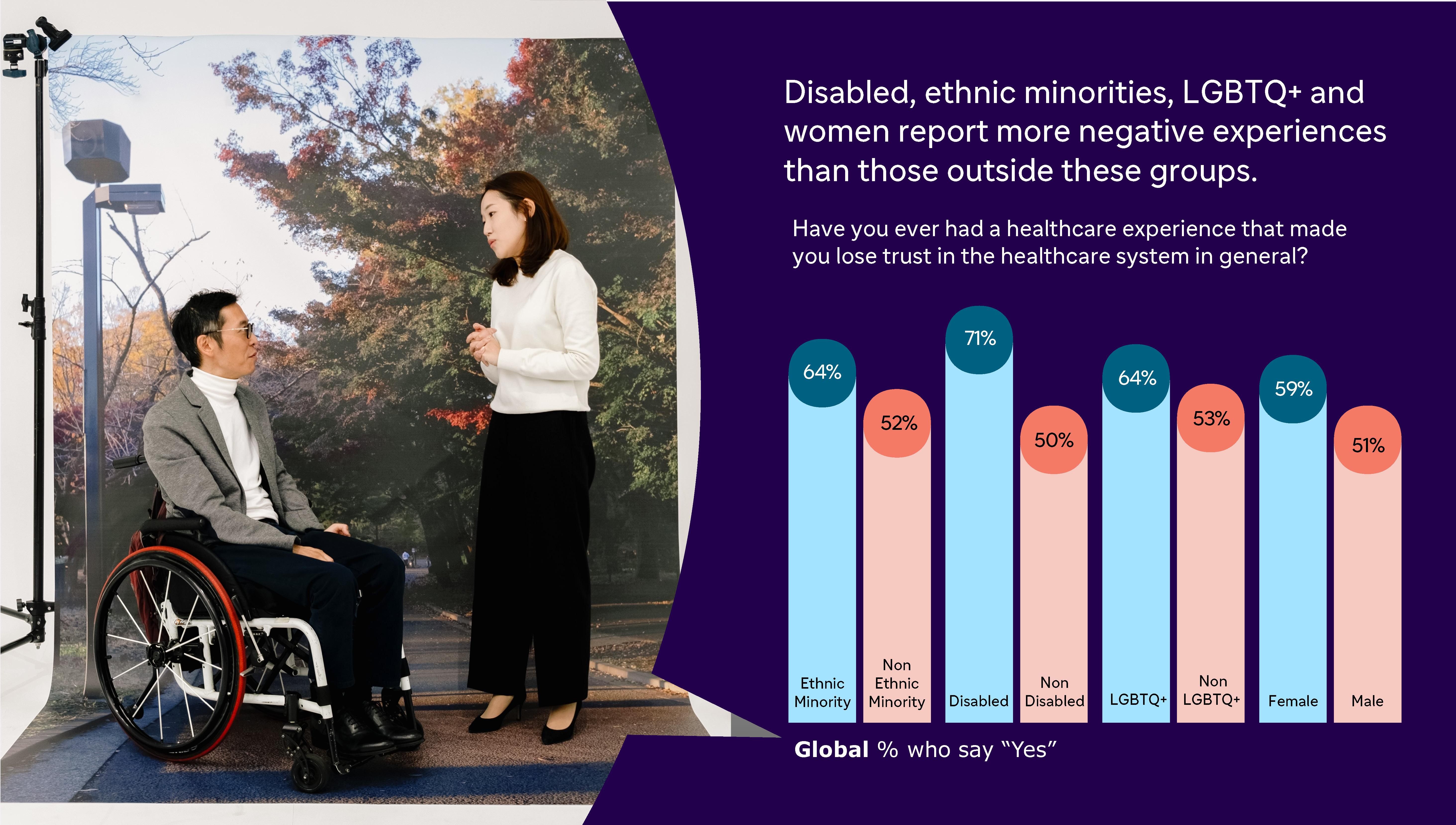
Note: The graph is based on an online survey in 2024 of 11,489 adults across five countries: the UK (n=2,310), the US (n=2,175), Japan (n=2,533), France (n=2,217) and Brazil (n=2,254).
Closing the trust gap requires more than raising awareness. It demands coordinated action and a commitment to health justice. That’s the foundation of A Million Conversations.
But we can’t do this alone. Achieving truly inclusive healthcare requires collaboration with policymakers, international organizations, NGOs, patient associations and healthcare leaders. If that’s you, we invite you to join us. Reach out at amillionconversations@sanofi.com
Rebuilding trust in healthcare will not be quick or easy - but with your involvement, we can shape a more inclusive and healthier world for all.
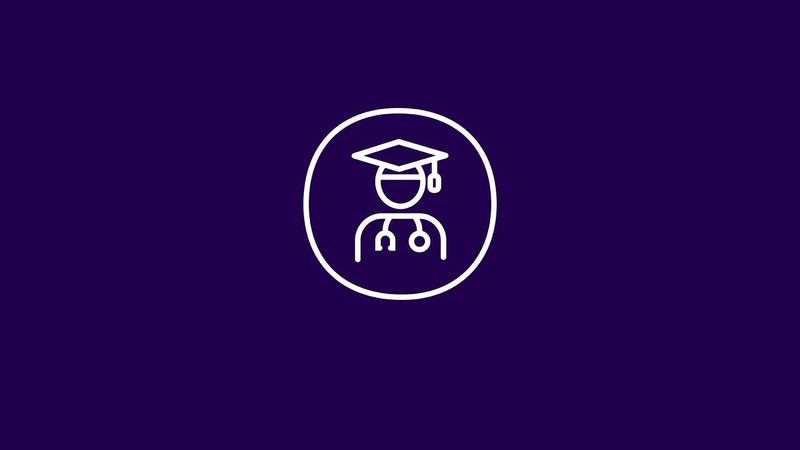
Sanofi NextGen Scholarship
Awarding scholarships to make it easier for all people, regardless of their background to start their careers in the healthcare sector.
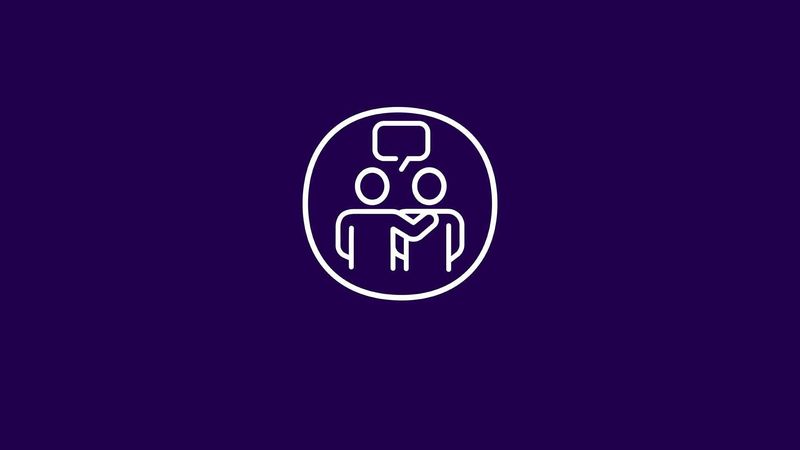
Inclusive Dialogues
Facilitating dialogue events between communities and healthcare representatives to find new solutions that rebuild trust
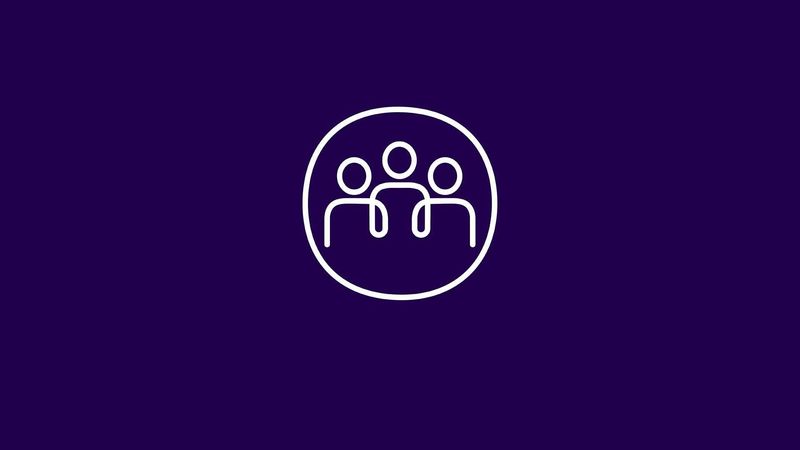
Influence the System
Working with governments, policymakers and institutions, and publishing impactful research and policy recommendations to drive systems change, including in our Closing Healthcare’s Trust Gap report.
1. The Next Generation of Healthcare Leaders
The Sanofi NextGen Scholarship is a world-first program making it easier for all people, regardless of their background to start their careers in the healthcare sector.
The NextGen Scholarship is a unique, life-changing opportunity because it’s a holistic and transformative experience, providing scholars with not only financial assistance but also mentorship, leadership training, and internship opportunities. Its inclusivity ensures access for all aspiring individuals, creating a global movement of future healthcare leaders.
2. Listening and Acting On What We Hear
More than 35,000 people in 10 countries have shared their experiences through our global polling, with a further 12,000 participating in 65 dialogue events. Together, their voices highlight an urgent call for more inclusive healthcare.
3. From Paying Attention to Accelerating Action
Changing the system will take research and action from many institutions and decision-makers. Our Advisory Group members are committed to producing evidence-based and consensus-led outputs, to help drive change. The group is convened by The Health Policy Partnership, which also provides secretariat support.
Recent Publications
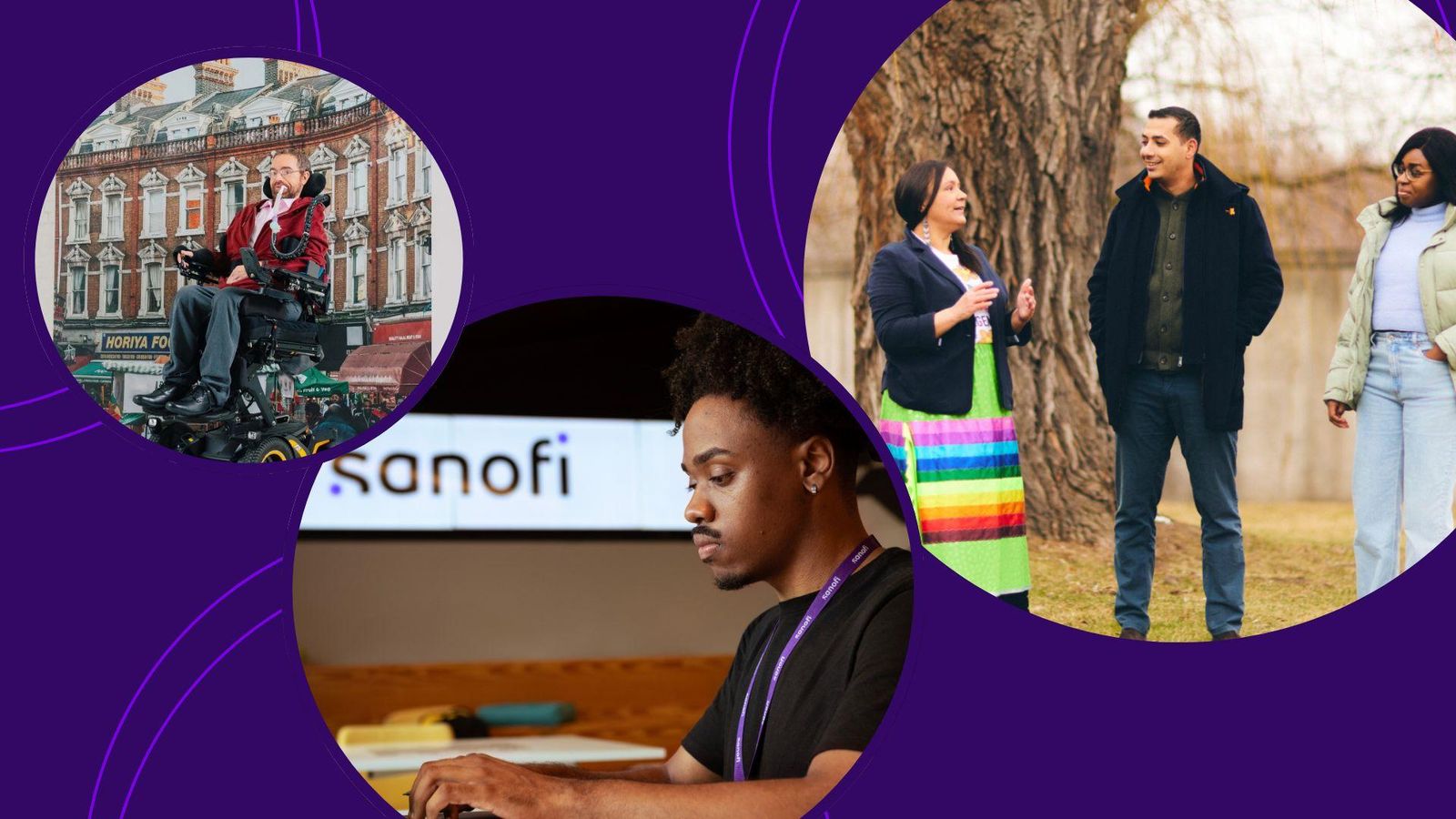
Closing Healthcare’s Trust Gap
Insights for inclusive healthcare from the A Million Conversations initiative.
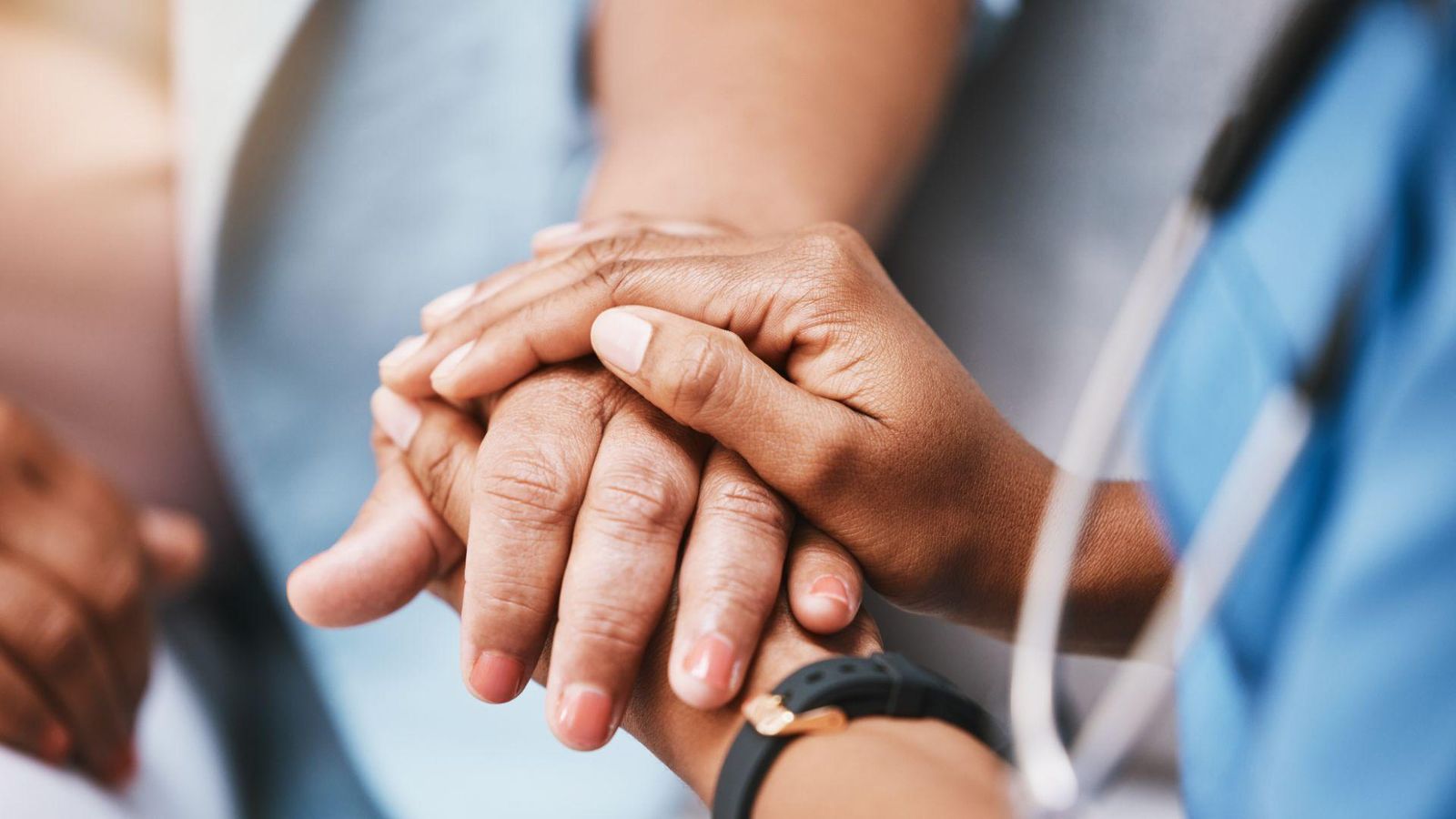
Earning Trust: A Foundation for Health Equity Report
How can we create more equitable health systems? Initiated and funded by Sanofi, this latest report from the Health Policy Partnership outlines key policy principles to rebuild trust with under-represented groups and healthcare.
Explore More
